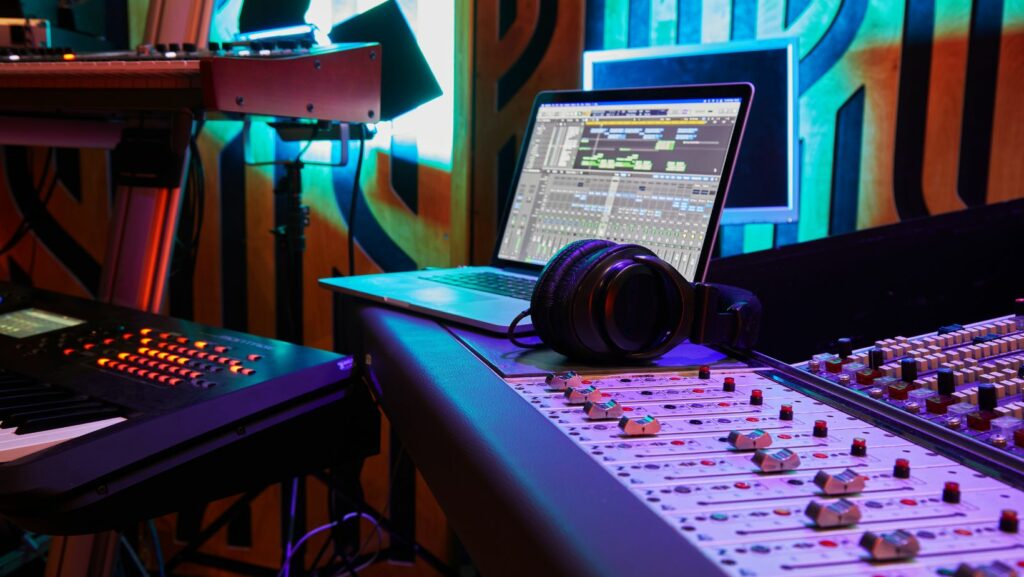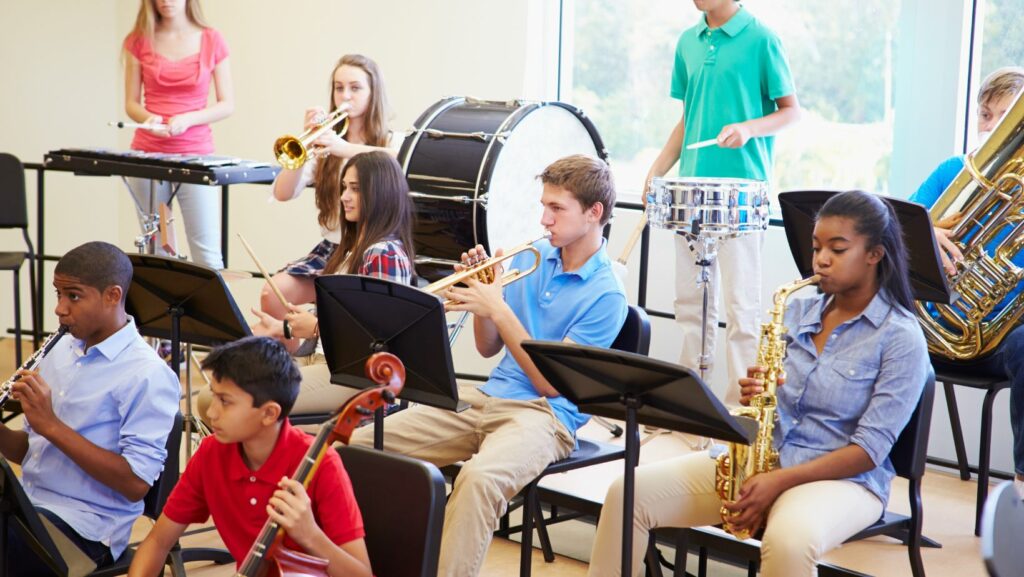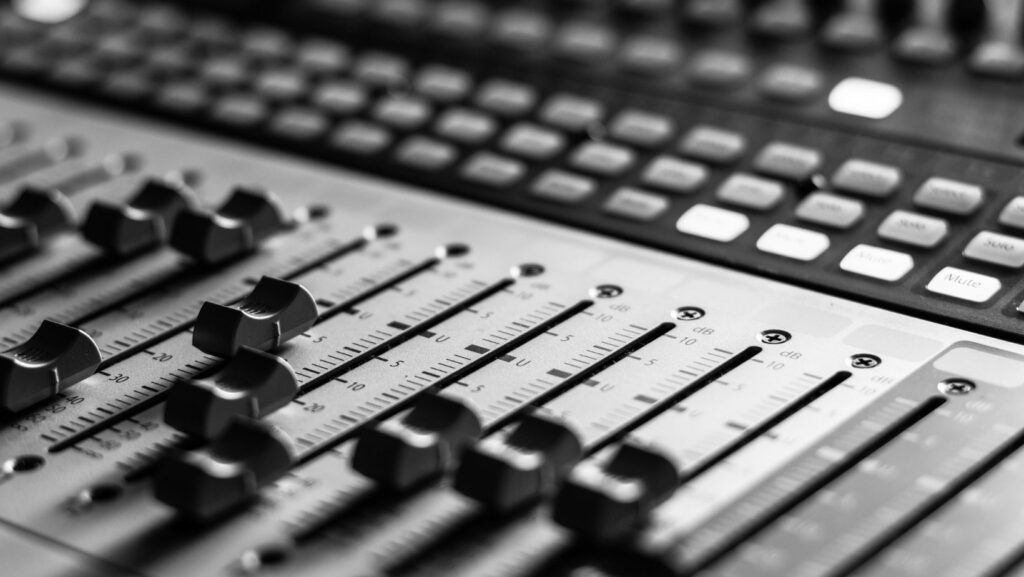In the vibrant world of music, the production studio serves as the heart and soul. It’s the creative hub where raw melodies transform into polished masterpieces. But what really goes on behind those soundproofed doors?
Music Production Studio
Delving deeper into the core of music creation, it’s crucial to explore two fundamental aspects of a music production studio: the considerations for space and acoustics, and the availability of necessary equipment and technology.
Considerations for Space and Acoustics
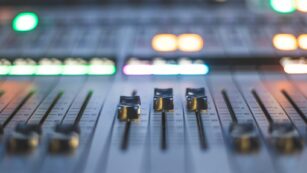 A Music Production Studio does not merely function as a workspace, it’s also an environment specifically tailored for sound production. Not just any room passes the test, certain factors play indispensable roles in determining the studio’s efficiency.
A Music Production Studio does not merely function as a workspace, it’s also an environment specifically tailored for sound production. Not just any room passes the test, certain factors play indispensable roles in determining the studio’s efficiency.
Firstly, space becomes a prime factor. Arewise, larger rooms foster lower resonance frequencies, lessening the chances of distortion. This way, the artists accurately capture every sound in the piece. Notably, high-ceilinged rooms prove beneficial, offering a broader range of audio coverage.
Secondly, acoustics matter a lot. The degree of sound absorption and deflection strongly impacts the audio outcome, as a disproportionate echo may taint the sound quality. Thus, the use of absorptive material like foam panels often become a common sight in such studios.
Equipment Availability and Technology
Next, the discussion of a Music Production Studio is incomplete without delving into the gear and tools. The cornerstone of any studio, equipment forms the backbone of audio capture and post-production.
Primarily, microphones are of pivotal importance, acting as the first point of audio capture. Different types, such as dynamic, condenser, and ribbon mics, serve unique purposes, adding versatility to recording capabilities.
Subsequently, the relevance of audio interfaces and digital audio workstations (DAWs) cannot be overstated. Essentially the control center of a studio, they convert, process, and mix the audio signals, allowing producers to manipulate and optimize each sound.
Indeed, the evolution of technology bears a major impact on the gears available and their functions. Contemporary studios often embrace modern tools like MIDI keyboards and sound libraries to give an innovative edge to their productions.
Key Services Offered by Music Production Studios
Music production studios, synonymous with artistic creativity and technological prowess, offer a spectrum of key services to both burgeoning and established artists. These services address the artistic as well as practical aspects of music creation.
Recording and Engineering
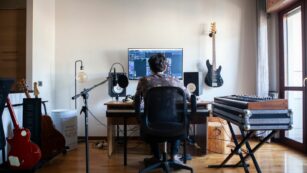 Music production studios, equipped with advanced technology and acoustically designed spaces, provide top-tier recording and engineering services. Recording in an aptly chosen studio brings an artist’s creation to life, rendering it in high-quality audio. An artist, under expert guidance, harnesses the studio’s microphones, audio interfaces, and digital audio workstations to effectively capture their performance.
Music production studios, equipped with advanced technology and acoustically designed spaces, provide top-tier recording and engineering services. Recording in an aptly chosen studio brings an artist’s creation to life, rendering it in high-quality audio. An artist, under expert guidance, harnesses the studio’s microphones, audio interfaces, and digital audio workstations to effectively capture their performance.
Likewise, the engineering aspect of a studio’s service focuses on sound manipulation to optimize the recording. This factor involves the nuancedest use of audio equipment, software, and an engineer’s own acute listening skills.
Mixing and Mastering Services
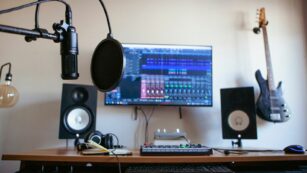 Post the recording and engineering phase, the studio also extends its services to mixing and mastering. An integral part of the music production process, these activities involve blending individual audio tracks to create a coherent piece of music. Mixing, the initial stage, involves altering track levels, panning instruments across the stereo field, and adding effects. Simply put, it’s the process of ensuring all individual parts work together as a whole.
Post the recording and engineering phase, the studio also extends its services to mixing and mastering. An integral part of the music production process, these activities involve blending individual audio tracks to create a coherent piece of music. Mixing, the initial stage, involves altering track levels, panning instruments across the stereo field, and adding effects. Simply put, it’s the process of ensuring all individual parts work together as a whole.
Following this, mastering—the last stage of post-production—is carried out. It ensures consistency and balance in the mixed audio, enhancing the sound to its optimal quality.
Budgeting for Your Studio Session
When planning for a session at a music production studio, budget considerations come into play. Factoring in the studio’s hourly rates, one gets a basic cost. Remember that recording sessions, mixing, engineering, and mastering, are billable services. Session duration is another factor, a longer session means a higher cost.
Additionally, procuring equipment like microphones or digital workstations, as part of the studio setup, adds to the expenses. However, it’s not all about the cost; the quality of service matters as well. Investing in a reputable studio ensures high-grade sound quality and enables artists to fully realize their musical vision.

